Program News
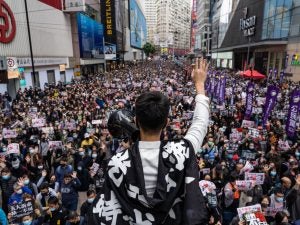
Hong Kong’s once robust and free-wheeling civil society has been fundamentally reshaped by the 2020 National Security Law, according to this latest GCAL report. Based on dozens of interviews with former civil society activists, most of them now overseas, the report is the first to document the ways in which both the NSL and other legal and extra-legal tools have been used to force the closure of over 100 non-governmental organizations and media outlets.
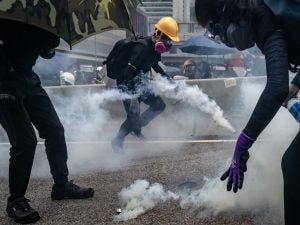
The Hong Kong government has effectively weaponized its legal system to crack down on participants in the 2019 protests. Our analysis strongly indicates that the government manipulated the criminal justice process to punish protesters, and to deter any future protests.

Omicron is not only upending international travel and stock markets, but also underscores the need to expedite vaccination in low-income countries.
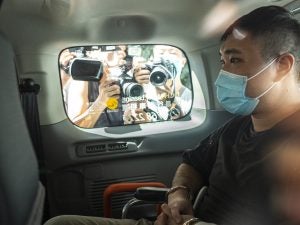
The first-ever verdict under Hong Kong’s 2020 National Security Law does not adhere to international law and comparative best practice, according to an analysis published by Georgetown University Law Center’s Center for Asian Law (GCAL).
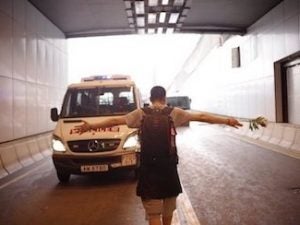
The right to a fair trial for National Security Law (NSL) defendants is under threat. NSL defendants have been hampered by restrictions on their core due process rights as the selection process for judges in NSL cases raises concerns about judicial independence.
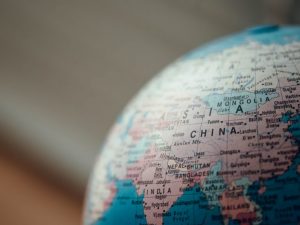
With China emerging as the world’s largest official creditor, its lending program has become the subject of intense international debate. Is China a benevolent development lender — or is it forging a new global empire?
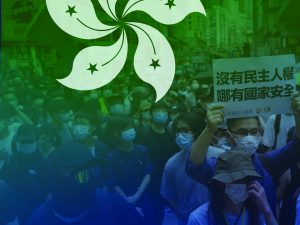
The Center for Asian Law's new report "Hong Kong’s National Security Law: A Human Rights and Rule of Law Analysis," finds that the new law violates both key provisions of the Basic Law and also falls short of international human rights standards.
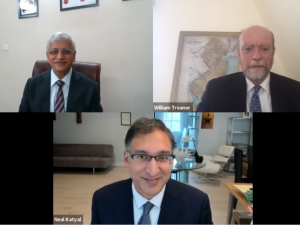
Two justices on India’s Supreme Court joined two Georgetown Law professors and Dean William M. Treanor this month for a wide-ranging exploration of the role of the highest courts in the world’s largest democracies.
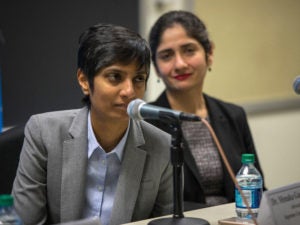
Highlighting a historic human rights decision in India’s Supreme Court, the U.S.-Japan Partnership, foreign policy and much more, the Center for Asian Law is keeping Georgetown informed on important legal developments across the globe.
